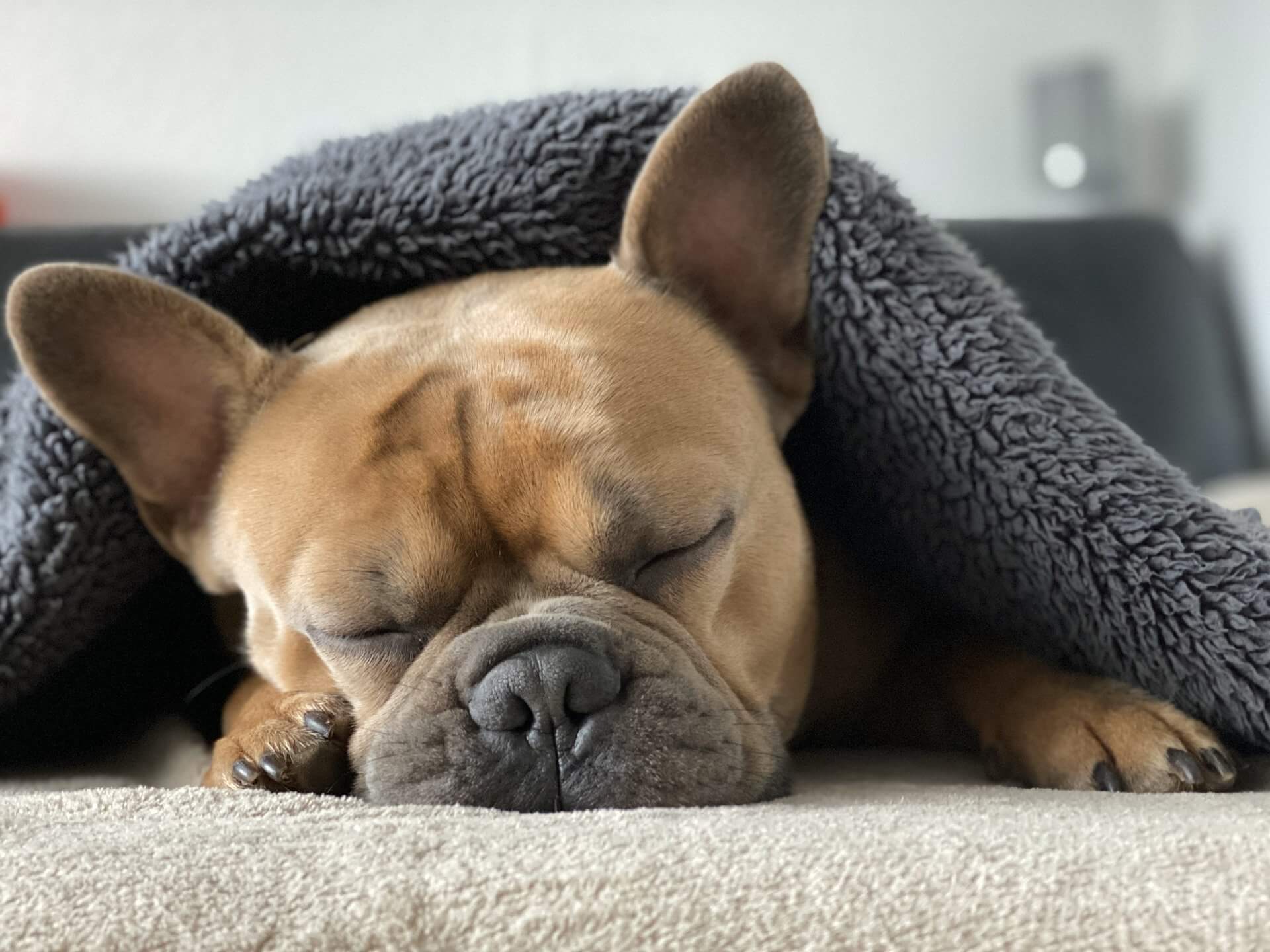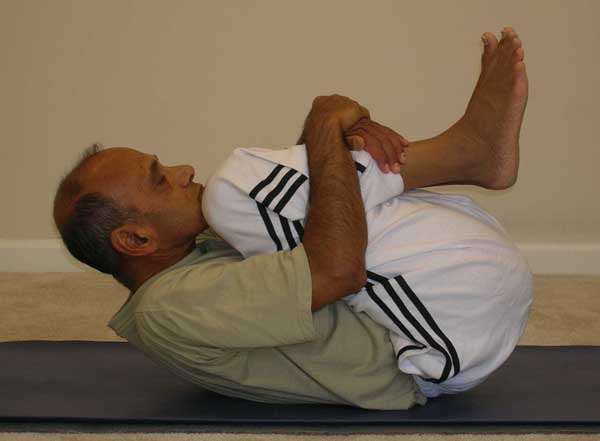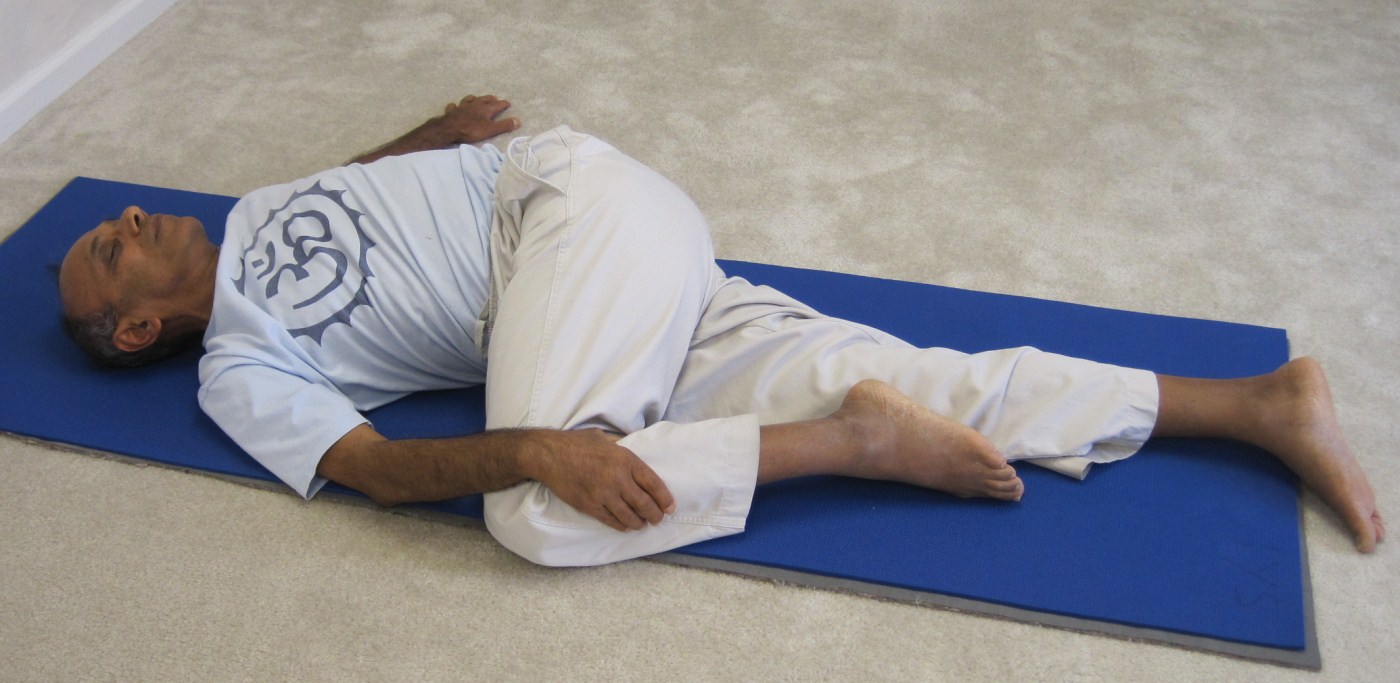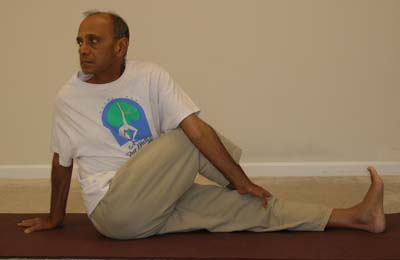We all know that adequate sleep is essential for normal, healthy functioning of the body. Sleep affects our physical and mental health and good quality sleep is necessary for maintaining energy and alertness during the day. Sleep deprivation can make one drowsy and unable to concentrate the next day. Lack of sleep can make us lethargic, unmotivated, and unable to do our normal daily activities effectively.

Sleep like a baby
Most of us go through experiences periodically when we have trouble falling asleep when we go to bed. There are other times when you happen to wake up in the middle of the night, either due to a dream, some noise, or just because you must go to the toilet, and then cannot go back to sleep. These episodes may represent minor sleep disorders or a serious case of insomnia.
Before discussing how we can improve the quality of sleep, I would like to briefly list some of the common causes of disturbed sleep (not in any specific order):
- Eating a late night or heavy dinner
- Large variations in the normal sleep and wakeup cycles
- Stressful day
- Lingering negative emotions of anger, guilt, hatred etc.
- You are in the middle of trying to solve an intricate problem at work or home
- Any physical ailment – arthritic pain, headache, disorders of the stomach – overeating, indigestion etc.
- Watching late night movie with a violent or disturbing storyline
- Having stimulants like caffeine (coffee, tea etc.) too late in the evening
- Mental and psychological conditions like anxiety, depression, fear etc.
- Medications: many medicines are known to cause lack of sleep; If you are on multiple medications, interaction among medicines can also cause sleep disorders.
- Avoid long naps during daytime
Let us look at ways to combat some of the above listed causes and how we can improve the quality of sleep.
How to improve quality of sleep

Sleeping dog
Eat an early dinner
It is recommended that you finish your dinner about 3 hours before you go to sleep. If you have a late dinner, all the prana (vital life energy) is being used up for digestion, resulting in poor sleep.
Regulate your sleep and waking up hours
The body likes to follow a regular circadian rhythm. Try to go to bed at the same time and wake up at the same time every day. Once you set this schedule, you will find that it becomes much easier to fall asleep when you go to bed. Also, you may set an alarm to wake up at the same time each day. You may give yourself the luxury of a little extra sleep on the weekend, but not beyond about half an hour. If we have large variations in sleep and wake-up times, the body cannot adjust to a stable rhythm which results in disturbed sleep pattern.
Setting up the right environment for sleep
Here are a few guidelines on setting up an environment conducive for sleep:
- Keep your room temperature slightly cooler than the daytime temperature. Cooler temperature helps in better sleep. You may need an extra blanket to stay comfortably warm during sleep, but that actually helps in better sleep.
- Avoid potential distractions. These days, electronic gadgets can be a source of distraction. When you get an email or a whatsapp message, you get a sound notification which can be quite distracting. Even the light emitted by phone or your laptop can be distracting. Before going to bed, you should turn off all notifications and lights from these devices.
- Make sure your bed is comfortable. In many cases, a poor-quality mattress or pillow can result in poor quality of sleep. If you wake up in the morning feeling stiffness and pain in the back or neck, or just tired, you may need to consider getting a new mattress and/or a new pillow.
- Keep the room as dark as possible during sleep hours. Pull the window shades down to prevent any outside light coming into the room. You may keep a small night light on so you can go to the bathroom without hitting anything.
Establishing a routine (ritual) before going to sleep
Setting up a routine that you follow daily before going to bed can help induce good sleep. Brushing your teeth, washing the face, doing a brief yoga routine (given below) etc. can be very helpful in falling asleep. Once you are in bed, avoid using any electronic gadgets, watching TV or having a heated conversation with your partner. It is best to read a book or listen to some soulful, peaceful music that can help you fall asleep quicker.
Avoid long afternoon nap
If you need an afternoon nap, it is best to keep it short. The duration of the nap, of course, will depend on your own bodily needs. But long naps, in general, are known to disturb your nighttime sleep.
Avoid any kind of stimulant (coffee, tea, alcohol etc.) too late in the evening
Stimulants like coffee, tea and alcohol are known to cause sleep disorders. It is recommended that you don’t consume these items too late in the evening. My suggestion is to give about a four-to-five-hour gap between the consumption of these stimulants and your sleep time.
Medications: check with your healthcare provider
Many medicines are known to have side effects which can include disturbed sleep patterns. Moreover, when you are on multiple medications, interactions among medicines can also cause loss of sleep. You may need to check with your healthcare provider regarding possible sleep impairment effect of your medications.
What if you have depression, anxiety, stress or any other mental or psychological issues?
While it is easy to control the external environment, as given above, how do you control the constant distractions going on in the mind in the form of anxiety, depression, stress, negative emotions like anger, hatred, guilt, remorse etc., stress about meeting an aggressive deadline at work etc.? As you will notice, each of these situations represents a state or condition of the mind. It is the mind which is feeling stressed out, depressed, guilty etc. What we need to recognize is the fact that all this is happening in “MY MIND”! Since we are talking about an entity that we possess, it is our responsibility to take adequate care of it so we can learn how not to let these emotions take charge of our mind.
This is where we can turn to the practice of yoga whose main purpose is to learn how to keep the mind calm even under the most trying circumstances.
You may recall that Patanjali defines yoga as “controlling the fluctuations of the mind” (yogash-chitta-vritti-nirodhah – sutra 1.2). Lack of self-control, falling an easy prey to the temptations of eating, late nights etc. all are nothing but fluctuations of the mind. Since by its very definition, yoga is supposed to help us keep the mind in a steady state most of the time, our tendency to over-indulge will automatically diminish if we practice yoga on a regular basis.
Establishing a daily yoga routine
As I have mentioned in previous posts, the practice of yoga must include all three components of an integrated yoga practice – asana (physical posture), pranayama (breathing practices) and meditation. I strongly recommend establishing a regular, daily yoga practice. To get started, you may like to join a yoga class at a studio near you. These days, you can pick from many online learning opportunities that are available. On my yoga blog here, I have given my recommendations for establishing a home yoga practice depending upon the time you can allocate for the practice. I encourage you to visit my youtube channel to get video instructions for various asana and pranayama practices that you wish to include in your daily routine. I offer weekly, ongoing yoga classes as well as specialized early morning programs. Please visit the schedule page on my website for the current class schedule and other information about the programs that I offer.
Late evening yoga routine to help sleep better
If you wish to practice yoga as an aid to help you with sleep, you may want to practice it in the evening. You can either do it before dinner, or if you are an early dinner eater, you may do the yoga routine about 2.5-3 hours after the meals, but about half an hour before retiring to bed.
Here is a brief late evening routine that I recommend:
Asana practice (10 minutes)
Pavana-muktasana (wind-relieving pose)
Lie down on your back with the legs stretched out straight. Fold the right knee, hold the shin with the two hands and hug the knees to the chest. Hold the post for five breaths; repeat with the other leg and then with both legs.
For details, visit here …
Reclining twist
Lie down on your back, spread the arms out to a "T", place the sole of the right foot on the left knee. Use the left hand to gently guide the right knee toward the floor on the left side. Keeping the right shoulder on the floor, role the right hip over the left. Stay in the pose for five breaths; repeat on the other side.
For details, visit here …
Seated spinal twist
Come to a sitting position with the legs stretched out in front. Bend the right knee and place the sole of the right foot on the outside of the left knee, keeping the foot flat and the knee vertical. Wrap the left arm around the right knee and place the right hand behind the spine. Make a gentle effort to pull the knee and thigh in toward the abdomen and the right shoulder back and away. Hold the pose for five breaths; repeat on the other side.
For details, visit here …
Standing forward bend
From the standing position, gently begin to bend forward, dropping the arms down. Allow the shoulders to hang loose and the arms just dangling down. Allow the gravity to lower the chest toward the thighs. Hold the pose for about two minutes. Very slowly unwind from the pose, one vertebra at a time. When fully in the standing position, place the palms on the waste with the thumbs joined together at the lower part of the spine. Now begin to gently bend backward with the thumbs pressing against the spine. Hold for five breaths and come back to the standing position.
Pranayama (10 minutes)
Naadi Shuddhi (Alternate Nostril Breathing)
Meditation (10 minutes)
Follow these simple guidelines for your meditation.
When you are ready to sleep – counting breaths backwards
Lie down in Shavasana. Bring your awareness to individual parts of the body, one at a time, and try to let go of any tightness or fatigue that you might feel in the body. Stay in Shavasana for about five minutes. If you still have trouble falling asleep, you may go through this routine of counting breaths backwards. Count each breath as an inhalation followed by an exhalation. Start the count at 25 and count the breaths backwards, all the way down to zero. In most cases, before you reach the count of zero, you should be fast asleep. If not, you may repeat the counting cycle one more time.
If none of this works, it is time to see a doctor!



Recent Comments